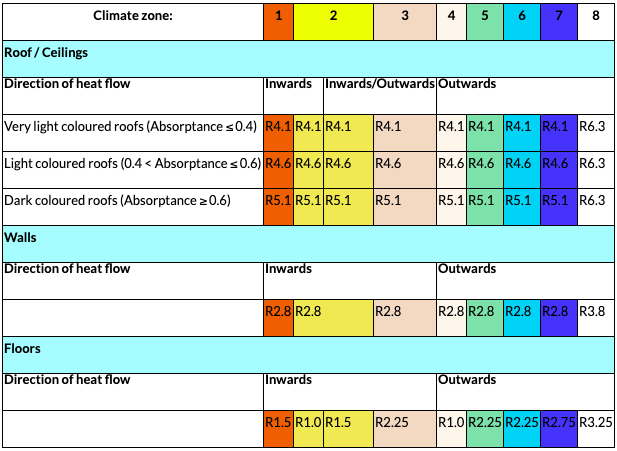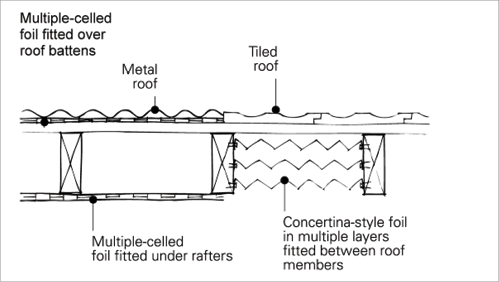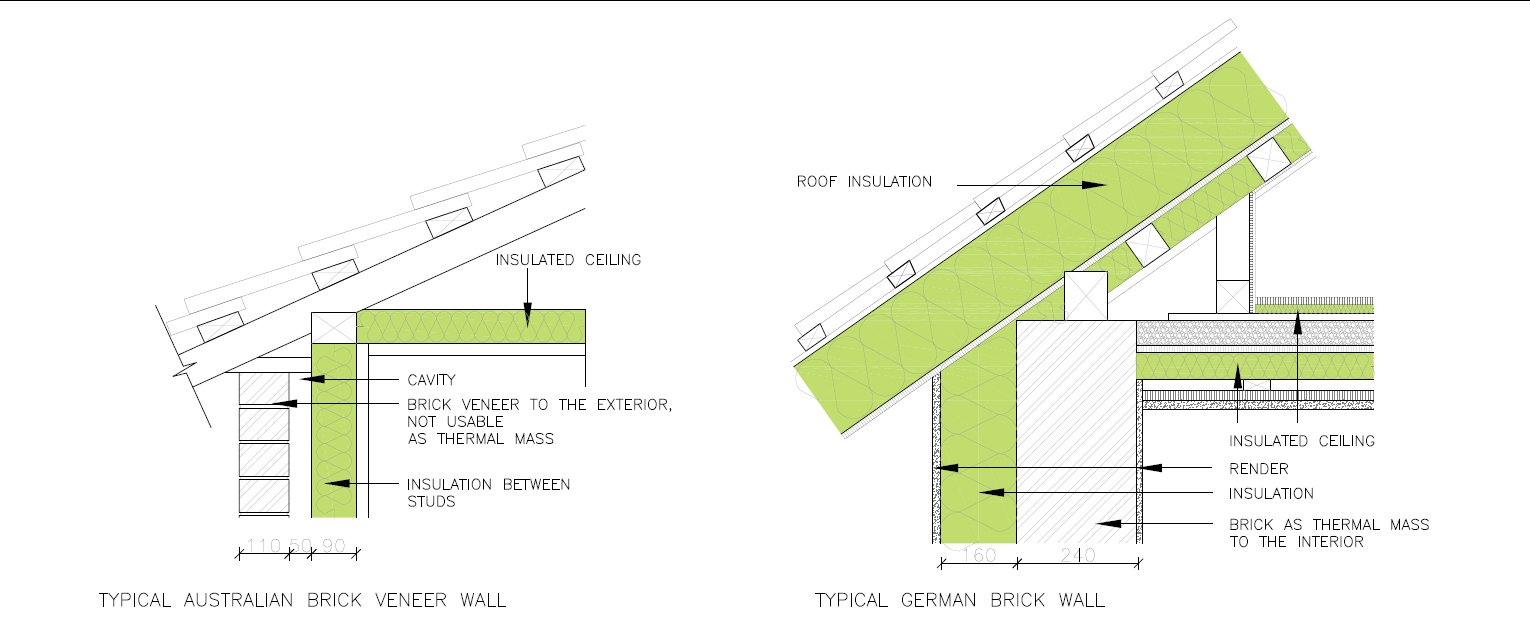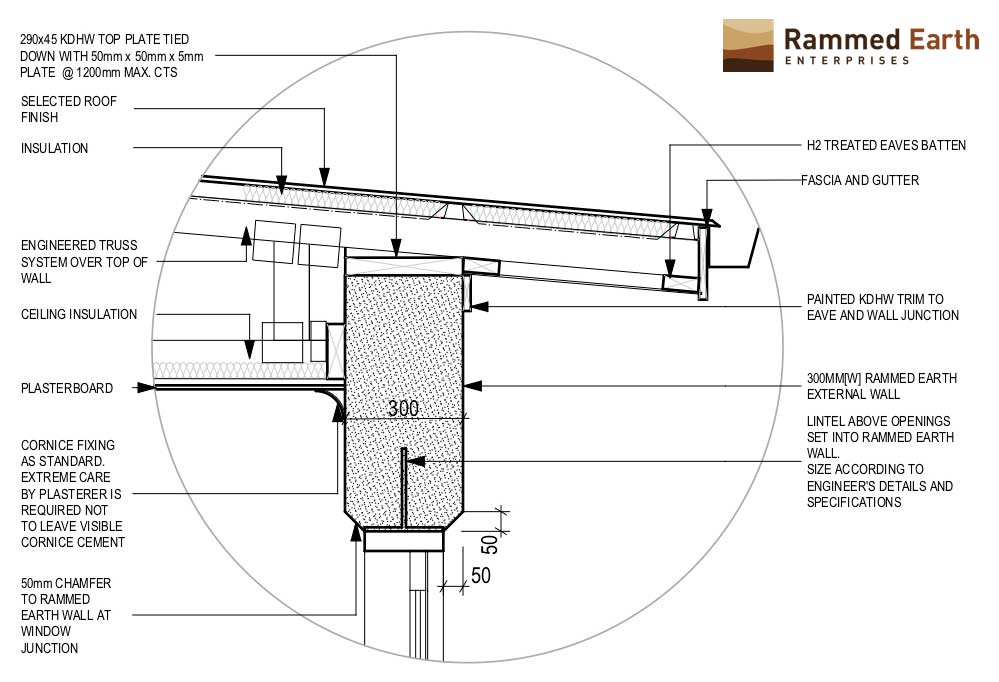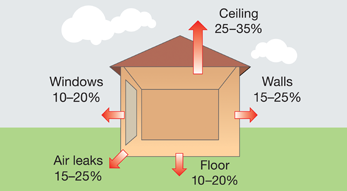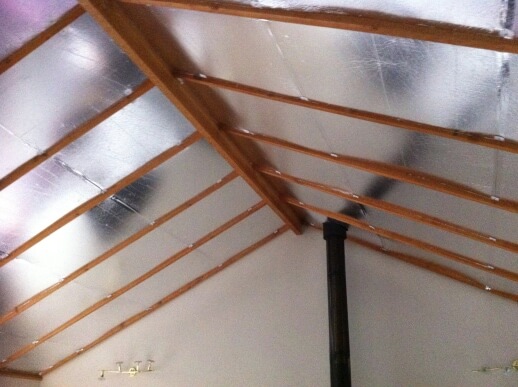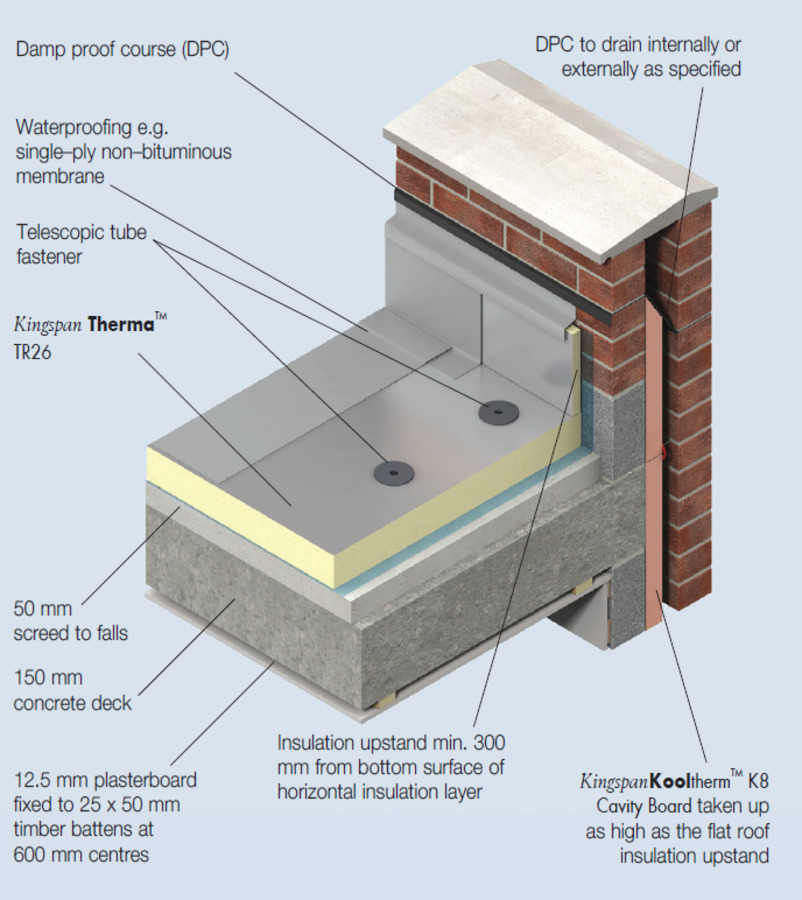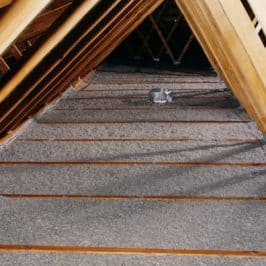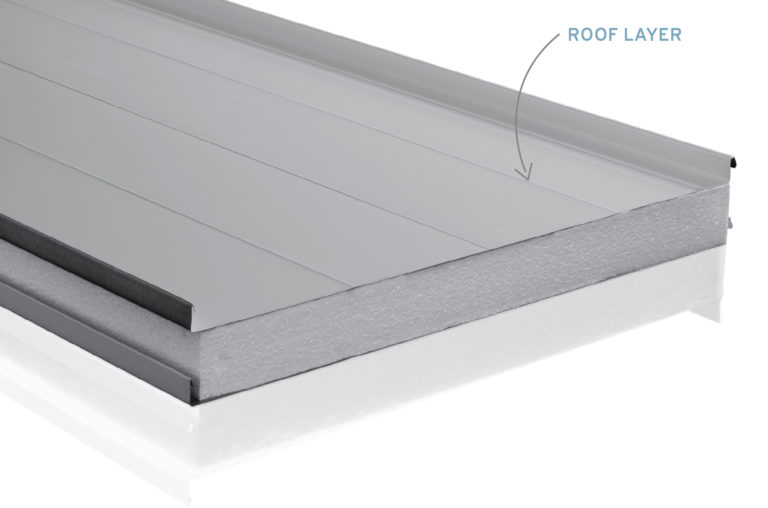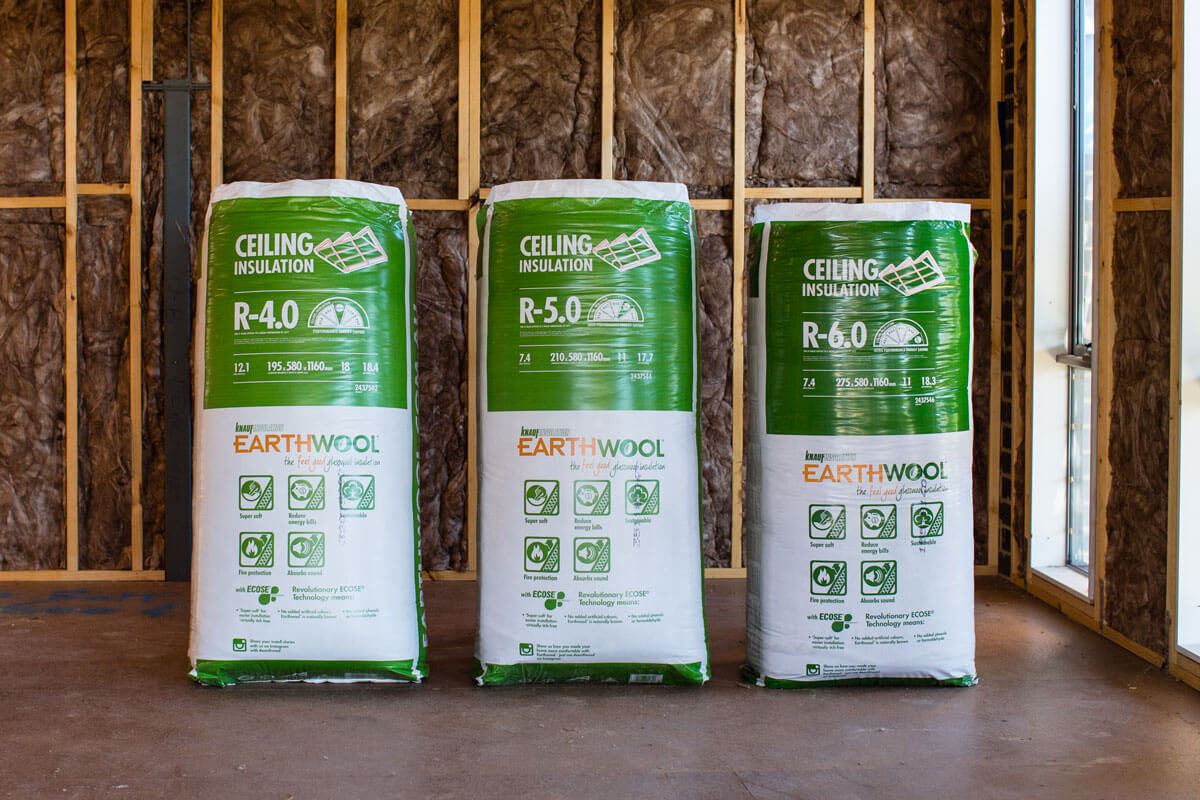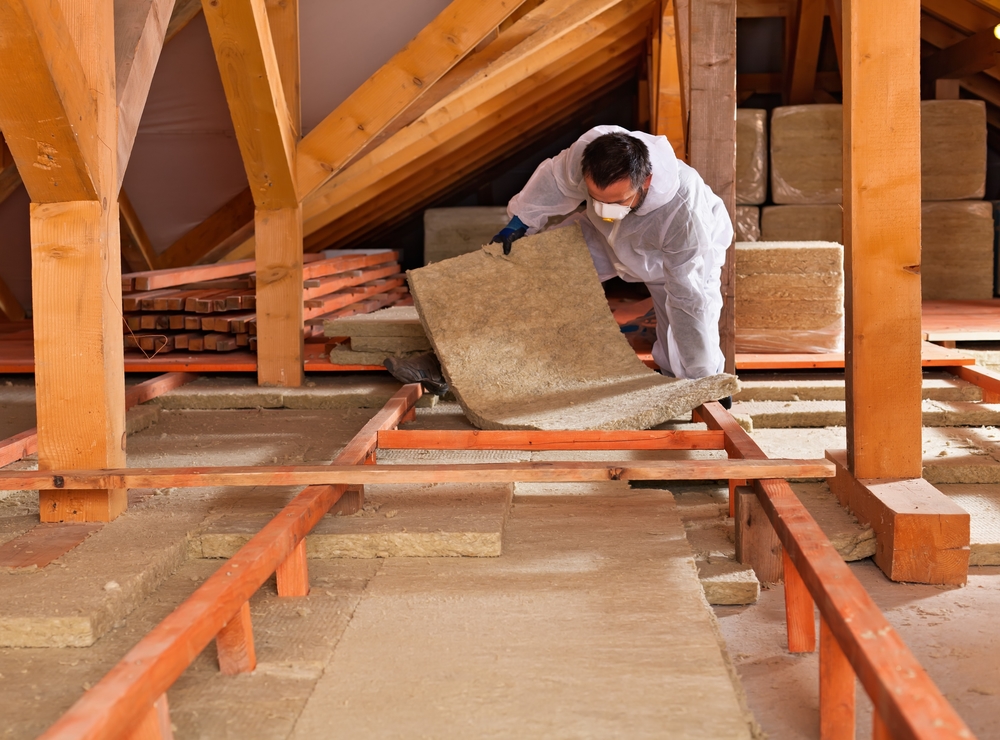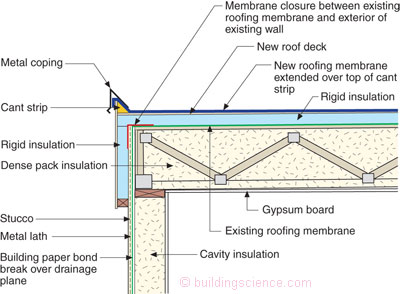Standards australia is committed to maintaining a contemporary and relevant catalogue of australian standards which add to the net benefit of the australian community.
Roof insulation australian standards.
Ask about recycled content and how easily the product can be recycled after use.
Compare the environmental benefits of different products.
As nzs 4859 1 2002 materials for the thermal insulation of buildings.
As of january 1 2010 the california energy commission s updated title 24 building energy efficiency standards for residential and non residential roofing are now in force otherwise know as cool roof.
As nzs 4200 1 1994 pliable building membranes and underlays materials.
Metal roofs are very popular on homes in australia.
Australian standard as 1562 1 2018 design and installation of sheet roof and wall cladding metal victoria description you will be required to comply with this standard if you are a registered plumber licensed plumber or any other person authorised to carry out plumbing work and you intend to undertake roofing stormwater work.
For your home s insulation to be properly compliant the building envelope must be constructed so that it satisfies.
Insulation in zones 1 and 2 typically require an r value of 3 or 4 while properties in zones 3 to 7 will require an r value of at least 5.
Those in the freezing alpine areas of australia require insulation with at least an r value of 6.
Add insulation to attic.
Existing 3 4 inches of insulation.
As 3999 2015 thermal insulation of dwellings bulk insulation installation requirements.
The aged standards review is one of the ways in which standards australia gives effect to that commitment.
Typical recommendations for exterior walls are r 13 to r 23 while r 30 r 38 and r 49 are common for ceilings and attic spaces.
There are a range of australian standards relevant to insulation some of which include.
Recommended insulation levels for retrofitting existing wood framed buildings.
All insulation materials that are sold in australia must meet australian standard as nzs 4859 materials for the thermal insulation of buildings even if they are imported.
These roofs can absorb and redirect rainwater provide insulation create a habitat for wildlife and help to lower urban air temperatures.
Finally one of the biggest choices you need to make for your roof is what it will be made of.
See the department of energy s doe ranges for recommended levels of insulation below.
